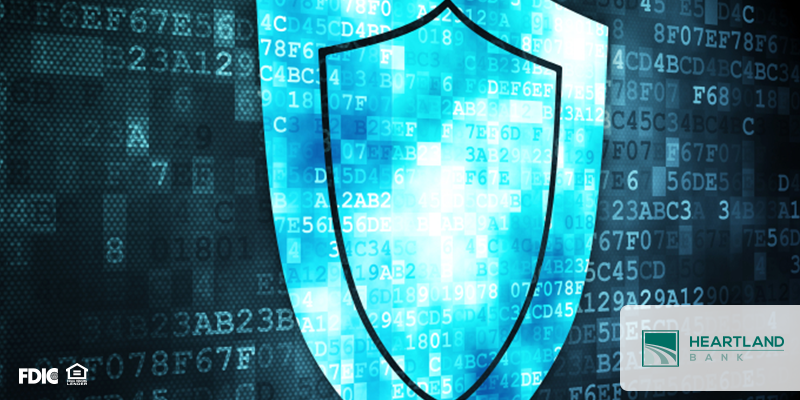
Phishing is a common term for the unfortunate schemes hackers and online criminals use to lure users into giving their personal information. Typically disguised as familiar online activity, these scam artists have cleverly found several distinctive ways to attempt to trick YOU into handing over your private details. Be on the lookout for these common phishing scams next time you’re roaming the web!
- Foreign Lottery Scam
With this tactic you generally receive an email informing you that you have just won the lottery of some far-away land! To obtain these exorbitant funds you simply have to send a small fee to cover the transfer cost. A simple online search will show that this thrilling lottery is no more than phony website with a long distance phone number. Typically if the sending address doesn’t look familiar, or if you have not applied to any foreign lotteries, it will be a dead giveaway that this email is just an attempt to get your information and your money.
- Survey Scam
Do you like supporting the humane society or other animal organizations? This scam takes advantage of your online history and sends you a survey to submit your opinion on issues that matter to you. Instead of using your responses on animal treatment, this system discovers your email address, and other relative personal information, to hack your account and send out further spam emails.
- Online Banking Scam
Most phishing schemes disguise themselves as something familiar, often as PayPal or even your personal bank. This particular scam typically indicates that some type of immediate action is needed, and your financial account is at risk. Before sending any type of reply communication, check the source of the email, and call your personal contact at the organization to see if the email is legitimate. If you question the validity of any portion of the email, delete it and call the company this con artist is attempting to masquerade as ASAP.
- Clickbait
Social media has a hacking arena all its own. With links scattered across newsfeeds, it’s often hard to determine what is genuine and what is clickbait. Clickbait is a link generated using common controversial issues to get you to click on it. Once clicked, the link may switch to a Facebook login, where you login again. Unfortunately this false login page is a common maneuver by cyber criminals to get your social media login. Having this information, online criminals can now access your account and spam the people you are connected with.
If you think you’ve been a victim of an online phishing scam and your personal banking information has been compromised, call Heartland Bank. We’ll help you watch for signs of identity theft within your personal bank accounts.

